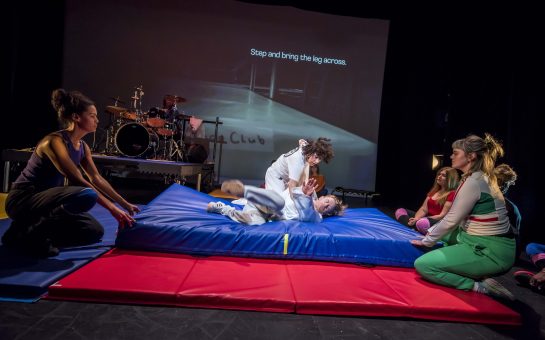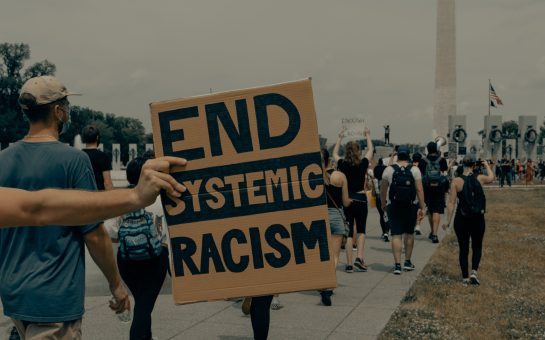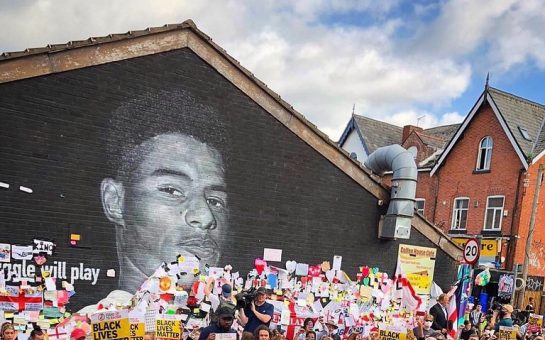Manchester commemorated a key moment in the history of decolonisation with a series of events around the 75th anniversary of the fifth Pan-African Congress.
The series of online workshops and seminars marked 75 years from the first event at Chorlton-on-Medlock Town Hall.
Renowned writers, historians and performers are taking part to shed light on this largely forgotten chapter of Manchester’s storied past, connecting it to present day issues of overcoming racism in Britain and across the world.
Professor Ola Uduku from Manchester Metropolitan University, curating events through PAC@75, said: “This is a fantastic opportunity to mark and celebrate this historic event which has such strong Manchester links.
“Given Manchester’s status today there’s that continuing thread of its link to multiculturalism and its support for workers and indeed, justice and civil rights for all.
“The issues that were being asked for in 1945 are not miles away from what we’re asking for today.”
The congress in 1945 brought together 200 attendees from across the world, including delegations from Africa, America, the Caribbean and Asia. It was an important moment in accelerating campaigns for independence.
Professor Hakim Adi, an expert on the history of the African diaspora in Britain, highlights the unique moment when the congress was held.
He said: “Of course it was about people of African heritage, but it was also about oppressed people of the world.
“Fascism had been defeated and people were looking forward to a new world; a new kind of world.”
Britain and France, the old colonial powers, had been devastated by the Second World War.
Two new superpowers had emerged: the United States and the Soviet Union—both were opposed to the old colonial order.
The changed international circumstances, manifesting at the newly-formed United Nations, created the backdrop for the Manchester congress to take place.
But alongside its internationalist ambitions, the first session of the congress was about racism in Britain.
Now, 75 years on, racism in Britain is still being discussed.
Professor Adi said: “These problems are still with us today: whether in Britain, the US, in France or wherever.”
Picture Credit: Manchester Metropolitan University.



